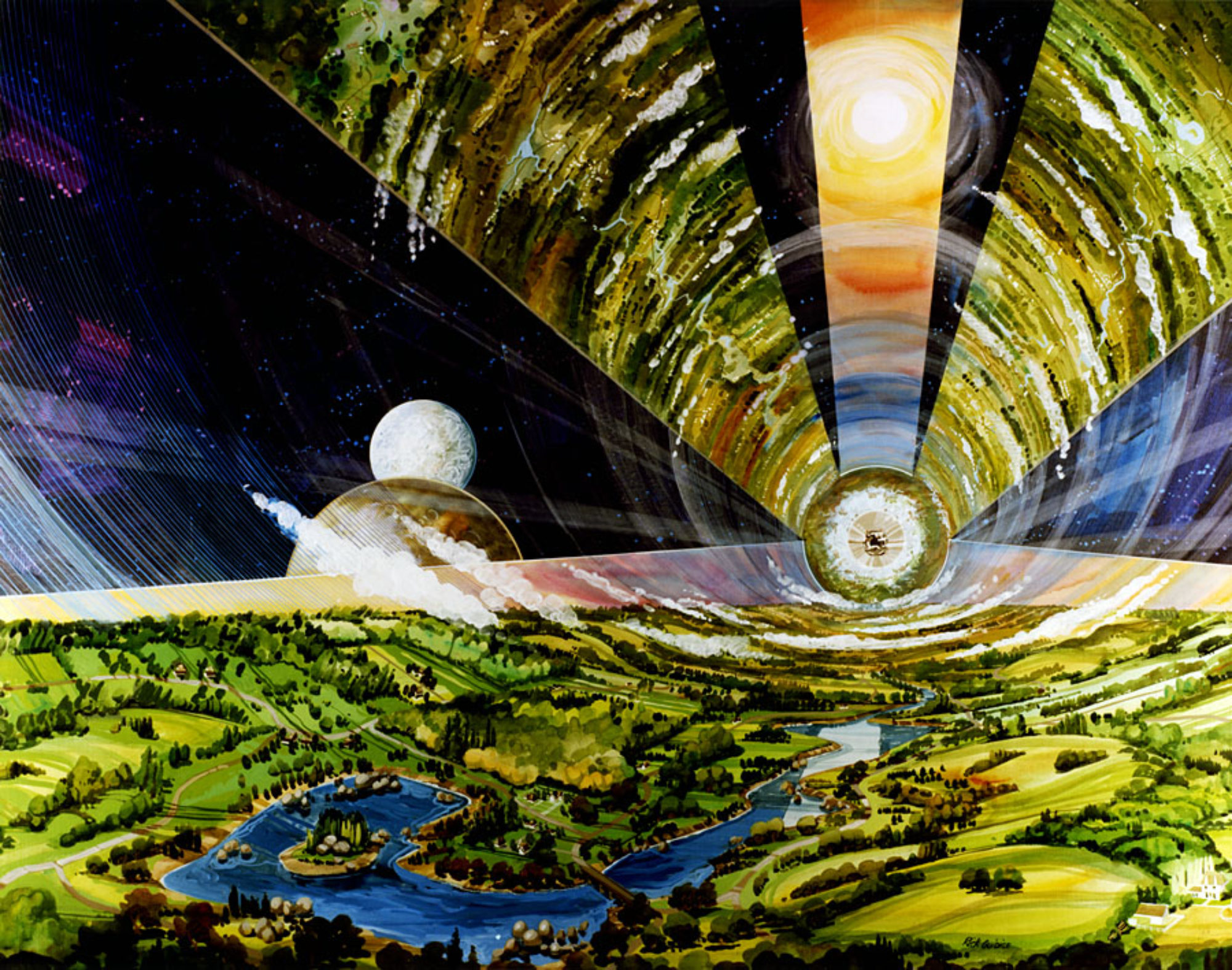
Neumann Space has announced completion of initial on-orbit tests of its innovative electric propulsion system, the first of its kind utilizing solid metal as propellent to fuel a cathodic arc discharge to generate thrust via plasma exhaust. The commissioning campaign for the system confirmed that the electronics worked properly and that the thruster fired. Next up: following last December’s launch of the company’s second experiment in space, an engineering demonstration later this year will test that the propulsion system can change the orbit of a satellite.
Neumann Space has already lined up both a customer and a potential space-based source of fuel through a partnership with CisLunar Industries. In this symbiotic relationship, CisLunar will utilize Neumann’s thruster to propel their servicing vehicle that hunts down chunks of metallic space debris which will be captured and delivered to a salvage platform to be recycled into metal propellent via CisLunar’s Modular Space Foundry (previously called Micro Space Foundry). The servicing vehicle can then refuel itself to proceed to its next target. SSP reported previously on this propulsion ecosystem which could literally turn trash into treasure while cleaning up orbital debris.

The orbital debris issue not only poses a serious threat to human spaceflight in Earth orbit, unless policies and standard practices are implemented to mitigate the issue, remote sensing, climate monitoring, weather forecasting and all commercial activities in space could be at risk, not to mention long term sustainable space settlement. The on-orbit recycling partnership between Neumann Space and CisLunar Industries will help implement the remediation pillar of the National Orbital Debris Mitigation Plan promulgated in 2022 by the White House Office of Science and Technology Policy.
In other news, CisLunar Industries was one of fourteen other companies selected by DARPA for its LunA-10 program, a lunar architecture study that will define commercial activities in an integrated infrastructure for lunar development over the next 10 years. CisLunar will collaborate with industry partners to develop what they call METAL, a framework for Material Extraction, Treatment, Assembly & Logistics in a lunar economy based on in situ resource utilization.
